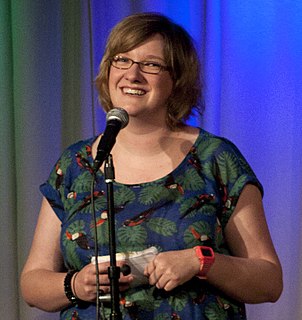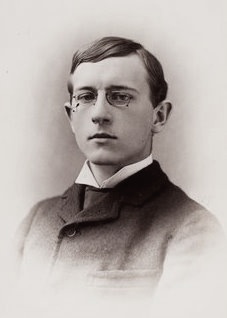A Quote by William Dean Howells
What the American public wants in the theater is a tragedy with a happy ending.
Quote Topics
Related Quotes
[Comedies], in the ancient world, were regarded as of a higher rank than tragedy, of a deeper truth, of a more difficult realization, of a sounder structure, and of a revelation more complete. The happy ending of the fairy tale, the myth, and the divine comedy of the soul, is to be read, not as a contradiction, but as a transcendence of the universal tragedy of man. ...Tragedy is the shattering of the forms and of our attachment to the forms...
Modern romance, like Greek tragedy, celebrates the mystery of dismemberment, which is life in time. The happy ending is justly scorned as a misrepresentation; for the world, as we know it, as we have seen it, yields but one ending: death, disintegration, dismemberment, and the crucifixion of our heart with the passing of the forms that we have loved.
Sometimes what we call tragedy, at least in the theater, are really case histories. They're based on the central figure, and things happen to that person, and they're called tragedy because they're extremely sad. But tragedy always has a glorious thing happen at the end of it. That's what the catharsis is.





































